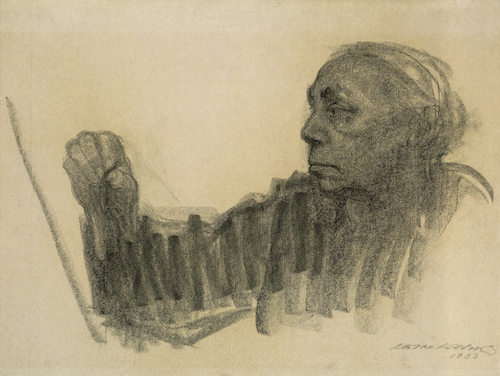In the movie Memento Leonard Shelby (played by Guy Pearce) has completely lost his ability to make new memories and and finds his way in the world by obsessively photographing everything and every moment in his experience. His photographs become his experience, because, without working memory, that's the only way he can make any sense of things.
A study by psychologist Linda Henkel recently showcased on NPR, "Experiencing Less as We're Recording More," shows we're heading in that direction. Memory loss is an affliction of our age (not only for those of us over fifty). Technology is a key contributor, a repository not only for data but a surrogate for memory and a proxy for the immediacy and responsiveness of experience. We record and save experiences we never actually have. Dr. Henkel calls it the "photo-taking impairment effect."
We have reason to be worried. The outsourcing of experience to technology is difficult to reverse, and the iPhone is hard to put down. How can we perceive the world within the context and continuity of memory, experience, and immediate emotional response?
One antidote is drawing. Through drawing you take the time to question, order, and know the world, and you respond with more extensive, intimate, and enduring emotional awareness. Through light, shape, and color, the world reveals itself to you.
Kathe Kollwtz, Self-Portrait, 1924
